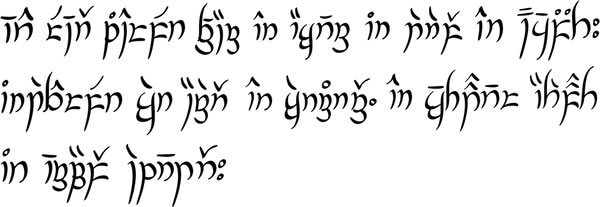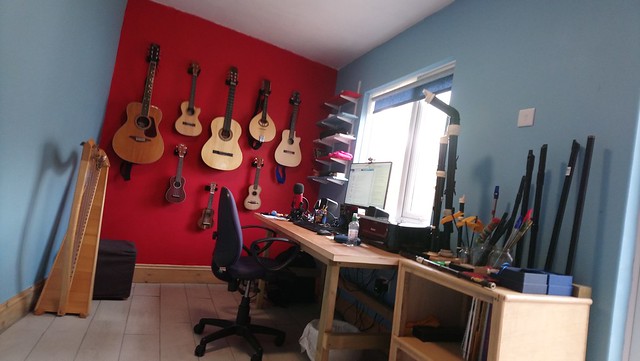Podcast: Play in new window | Download
In this episode we discover the possible Celtic roots of some words for hound and sleuth in Romance languages.
The Proto-Celtic word sekʷetor means to follow, and comes from Proto-Indo-European *sékʷetor (to be following), from *sekʷ- (to follow) [source].
Related words in the modern Celtic languages include: seicheamh (following, taking after, imitating, sequence, progression) and fosheicheamh (subsequence) in Irish [source], and sewya (to follow, result) in Cornish [source].
For more about words for (to) follow and related things in Celtic languages, see the Celtiadur post: Pursuing Followers
Words from the same Proto-Celtic root, via Gaulish (?) and Latin segusius (a hunting dog) include: sabuxo (hound) in Galician, segugio (hound, bloodhound, private eye, sleuth) in Spanish, and sabujo (hound, submissive person) in Portuguese [source].
Words from the same PIE roots include: associate, sector, sequence, society, (to) sue, suit, suite and subsequent in English, suivre (to follow) in French, segno (sign, mark, indication, target) in Italian, and seguir (to follow, continue, keep (on)) in Spanish [source].
Radio Omniglot podcasts are brought to you in association with Blubrry Podcast Hosting, a great place to host your podcasts. Get your first month free with the promo code omniglot.
















